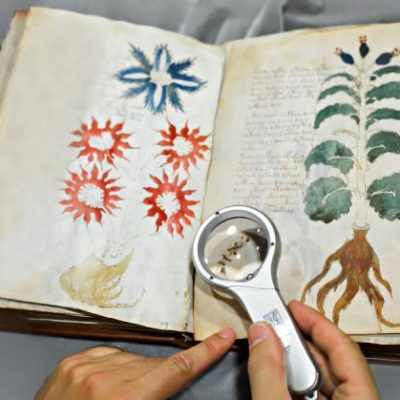The funeral of a language: The burial of Tevfik Esenç and the Ubykh language
In June 2018, I (Peter Bakker) interviewed Ole Stig Andersen about the day he attended the funeral of Tevfik Esenç, the last man to allegedly speak the Ubykh language. It was October 7, 1992, 26 years earlier, that the funeral had taken place. In fact, Ole Stig Andersen had wanted to write himself about this funeral of a man and his language for Lingoblog.dk, and he wanted a text in at least three languages: Danish, English, Turkish. The text would have to be published together with the unique pictures he took of the funeral, and that have never been published or shown before.
He wanted to write no fewer than four articles in this connection: about Caucasian languages, about Caucasian … ↪







